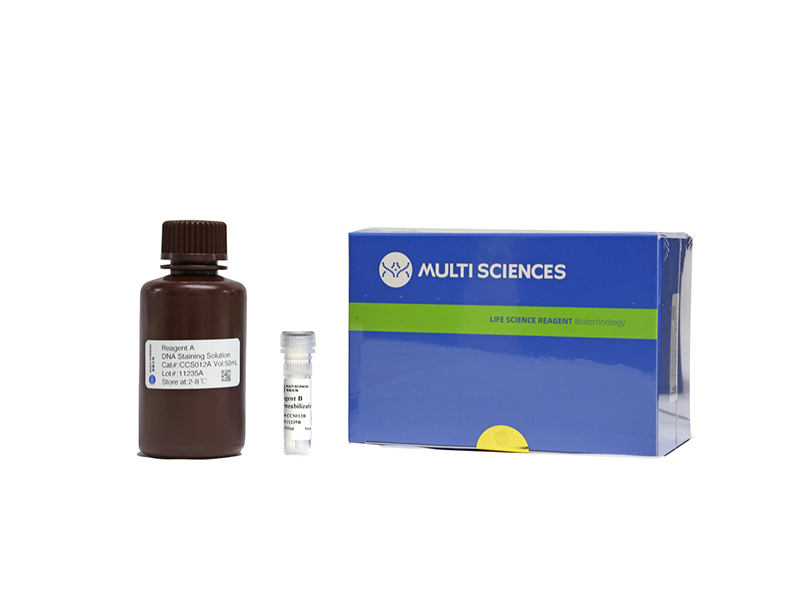Purpose:This study focused on the mechanism underlying the therapeutic effect of curcumin against tongue cancer (TC).
Methods:Target genes of TC and curcumin were identified, respectively. Three datasets of TC from Gene Expression Omnibus were included, and then the differentially expressed genes were collected. After combing the data from The Cancer Genome Atlas, bioinformatics analyses were performed to investigate hub genes in terms of the functions and correlations. The proliferation and migration of TC cells were evaluated with CCK-8 assay and scratch wound healing assay, respectively. Cell apoptosis was evaluated by TUNEL assay, flow cytometry and Western blot. Cell cycle was determined by flow cytometry.
Results:In this study, 15 hub genes were identified (TK1, TDRD3, TAGLN2, RNASEH2A, PDE2A, NCF2, MAP3K3, GPX3, GPD1L, GBP1, ENO1, CAT, ALDH6A1, AGPS and ACACB). They were mainly enriched in oxygen-related processes, such as oxidation-reduction process, reactive oxygen species metabolic process, hydrogen peroxide catabolic process, oxidoreductase activity and Peroxisome-related pathway. The expression levels of hub gene mRNAs were positively correlated with each other's expression levels. None of the hub genes was correlated with prognosis (P > 0.05). Curcumin significantly inhibited CAL 27 cell proliferation and migration (P < 0.05), but significantly promoted cell apoptosis (P < 0.05).
Conclusion:Curcumin has potential therapeutic effect on treating TC by suppressing cell proliferation and migration, as well as promoting apoptosis through modulating oxygen-related signaling pathways.
文章引用产品列表
-
- AT105 187 Citations
- 凋亡试剂盒
Annexin V-APC/7-AAD Apoptosis Kit(细胞凋亡试剂盒 - 贴壁细胞专用)
- ¥1,010.00 – ¥2,090.00
-
- CCS012 1190 Citations
- 周期试剂盒
Cell Cycle Staining Kit 细胞周期检测试剂盒
- ¥390.00
-
- AP105 324 Citations
- 凋亡试剂盒
Annexin V-APC/7-AAD Apoptosis Kit 细胞凋亡试剂盒
- ¥780.00 – ¥1,860.00





